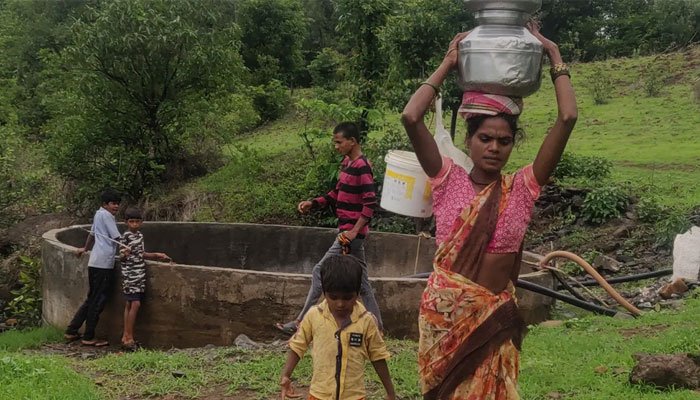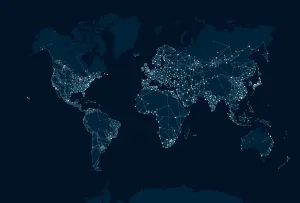Time spent on water collection could otherwise be utilized for preventive health care
In traditional Indian households, the responsibility for water collection typically falls on women and girls. This task is not merely a chore but a demanding and time-consuming daily routine that impacts every aspect of their lives. Women often travel long distances, sometimes multiple times a day, to fetch water from distant sources such as communal taps, wells, or rivers. This practice is especially prevalent in rural areas where piped water supply systems are inadequate or non-existent.
The time spent on water collection varies but can amount to several hours each day. This significant time commitment limits women’s opportunities for education, income-generating activities, and personal development. Girls, in particular, may miss school to assist with water collection, perpetuating cycles of poverty and gender inequality.
Moreover, the physical exertion of carrying heavy containers of water over long distances can lead to musculoskeletal injuries and chronic pain among women. The burden is compounded by the lack of sanitation facilities at water collection points, exposing women to health risks and compromising their dignity and safety, especially during early morning or late evening trips.
Health Implications and Risks
In addition to physical strain, inadequate access to clean water poses serious health risks for women and their families. Contaminated water sources contribute to waterborne diseases such as diarrhea, cholera, and typhoid, which disproportionately affect women and children. Women often bear the responsibility for caring for sick family members, further reducing their capacity to engage in productive activities outside the home.
Furthermore, the time spent on water collection could otherwise be utilized for preventive health care, childcare, or income-generating work. Studies have shown a direct correlation between improved access to clean water and reduced morbidity rates, highlighting the critical importance of addressing water scarcity as a public health priority (World Health Organization, 2022).
World Health Organization (WHO) report:
In a report released in 2023 by the World Health Organization (WHO) and Unicef, it was highlighted that 1.8 billion individuals globally gather drinking water from sources located away from their residences, with women and girls in seven out of ten households predominantly responsible for this task. This trend is particularly significant in India, where experts argue that the ongoing need to procure drinking water not only places a burden on women but also acts as a hindrance to their economic progress.
Professor Ashwini Deshpande, head of the economics department at Ashoka University in Delhi, emphasized, “Women are often unable to pursue paid employment due to their responsibilities in household chores. Furthermore, even if they wish to seek employment after completing these tasks, there is a notable shortage of job opportunities for women in rural India.”
The unpaid labor contributed by women holds substantial economic value in India. According to the Ecowrap report from the State Bank of India, this unpaid work amounts to approximately 22.7 billion rupees ($276.8 million; £216.7 million), which represents nearly 7.5% of the country’s total GDP. The International Development Organization estimates that Indian women collectively spend 150 million workdays each year fetching water.
Economists argue that if these women could redirect this time towards paid activities, it would not only lead to their financial independence but also contribute significantly to the national economy. Acknowledging the severity of the water crisis, the Indian government has been actively working to improve water infrastructure across the country. As of January 2024, piped water had been extended to nearly 74% of rural households, marking significant progress.
Despite these advancements, millions of Indians continue to lack access to tap water, underscoring the ongoing challenges in ensuring water accessibility and equity nationwide.




